Neuro Athletics is a twice-weekly newsletter designed specifically for high-performing men and women who want science-backed strategies to optimize brain health, performance, and longevity. Subscribers include executives, coaches, professional women, health-conscious mothers, and women dedicated to peak cognitive and physical performance. If you're not already subscribed, join 69,000+ people who receive actionable insights directly in their inbox each week.
Neuro Athletes,
Blood pressure (BP) is a critical health metric influencing your lifespan and healthspan. Often called the "silent killer," high blood pressure (hypertension) affects nearly half of American adults (Atiyah, 2025). Unmanaged, it significantly increases the risk of cardiovascular disease, kidney damage, cognitive impairment, and even sexual dysfunction (Whelton et al., 2018).
I honestly was compelled to do this every since I read the study that I put in the video above where they tested the effectiveness of blood pressure (BP) reduction on the risk of all-cause dementia among 33,995 individuals aged ≥40 years with uncontrolled hypertension in rural China.
This cluster-randomized trial indicates that intensive BP reduction is effective in lowering the risk of all-cause dementia in patients with hypertension. ClinicalTrials.gov: NCT03527719.
So, this guide provides a comprehensive understanding of blood pressure, its impacts, accurate measurement techniques, and evidence-based strategies for management.
Today’s Newsletter Is Brought To You By fatty15
Have you heard about the nutrient that's changing the game in brain health and longevity?
I've been incorporating fatty15 into my daily routine, and it’s quickly become essential for optimizing both my cognitive and overall health.
Inspired by research initially conducted with Navy dolphins, fatty15 contains a powerful, bioavailable form of the essential fatty acid C15:0. Proven through over 100 peer-reviewed studies, fatty15 strengthens cell membranes, boosts mitochondrial function, and supports brain health by balancing dopamine and endocannabinoid levels.
Unlike traditional dairy sources, fatty15 is a pure, vegan-friendly supplement designed specifically to harness the full benefits of this unique fatty acid—helping you achieve deeper sleep, improved cognitive clarity, and a calmer mood without unwanted side effects.
Ready to enhance your brain health, sleep quality, and overall longevity? fatty15 is a scientifically backed choice worth exploring.
Use code NEURO for a special discount.
What is Blood Pressure?
Blood pressure is the force exerted by blood against artery walls. It includes two measurements:
Systolic Pressure: Force during heart contraction.
Diastolic Pressure: Force when the heart is resting.
A typical reading is expressed as systolic over diastolic (e.g., 120/80 mmHg).
Blood Pressure Categories (ACC/AHA, 2017)
Normal: <120/<80 mmHg
Elevated: 120-129/<80 mmHg
Hypertension Stage 1: 130-139/80-89 mmHg
Hypertension Stage 2: ≥140/≥90 mmHg
Reference: Whelton et al., 2018.
Current blood pressure categorizations (last revised in 2017).
Why Blood Pressure Matters
Each 20/10 mmHg increase doubles the risk of cardiovascular death, stroke, and kidney failure (National Heart, Lung, and Blood Institute, 2004).
Let me tell you why managing blood pressure is absolutely crucial for preventing dementia. Dementia isn't just about genetics or aging—it has a significant relationship with hypertension. A recent large-scale clinical trial conducted among nearly 34,000 individuals with uncontrolled hypertension found compelling evidence that intensive blood pressure control dramatically reduces dementia risk.
Participants who achieved a substantial blood pressure reduction (around 22 mmHg systolic and 9.3 mmHg diastolic) showed a 15% lower risk of developing dementia compared to those who didn't have intensive blood pressure control (He et al., 2025). Even more remarkably, this effect was consistent across age, gender, and various health conditions.
Why does this matter? Dementia is one of the leading causes of disability and death worldwide, and with no available cure, prevention is paramount. This study clearly demonstrates that keeping your blood pressure below recommended targets (<130/80 mmHg) significantly reduces your risk of cognitive decline and dementia. This is not just about adding years to your life but also adding quality to those years.
Simply put, controlling blood pressure today can protect your brain tomorrow.
(Reference: He et al., 2025, Nature Medicine)
Measuring Blood Pressure Accurately
This is a big one, once you understand how to measure ityou can manage it.
Common Errors
Incorrect cuff size
Measuring over clothing
Not resting properly
Incorrect body positioning (legs crossed, arm unsupported)
Ideal Measurement Conditions:
Rest quietly for 5 minutes
Empty bladder
Support back and feet, uncross legs
Arm at heart level
Avoid caffeine, exercise, and smoking for 30 mins prior
Recommended Cuff Size:
Length: 80% arm circumference
Width: 40% arm circumference (Pickering et al., 2005)
Manual vs Automated Measurement
Manual (Gold Standard): Uses cuff, stethoscope; first audible pulse = systolic; disappearance = diastolic.
Automated: Easier but less precise; good initial tool. the below video gives you a fantastic guide on how to measure this accurately.
Reference: Ishigami et al., 2023.
Consequences of Hypertension
Hypertension, commonly known as high blood pressure, exerts chronic strain on your cardiovascular system, damaging vital organs over time. Because it often presents without symptoms, this silent damage can accumulate unnoticed until severe health issues emerge.
Cardiovascular Disease
Elevated blood pressure places continuous stress on artery walls, leading to inflammation, stiffness, and the eventual buildup of plaques—known as atherosclerosis. Each 20/10 mmHg increase above normal blood pressure effectively doubles your risk of death from cardiovascular events, including heart attacks and strokes (SPRINT, 2015). Managing hypertension can dramatically reduce these risks.
Cognitive Health
High blood pressure adversely impacts the delicate blood vessels in the brain. Over time, hypertension contributes significantly to cognitive decline, memory loss, and dementia.
Studies like SPRINT MIND have shown that intensive blood pressure control can lead to approximately a 16% reduction in dementia risk, highlighting the critical role of managing BP proactively.
Non-Modifiable Risk Factors
Age: Risk increases significantly with age.
Sex: Higher in men at younger ages, converges post-65.
Race: Highest prevalence in African Americans.
Family History: Genetic predisposition significantly increases risk (Ehret & Caulfield, 2013).
Action Steps for Managing BP:
Modifiable Lifestyle Factors
Weight Loss
Did you know that each 1 kg lost = ~1 mmHg systolic decrease (Neter et al., 2003). Managing weight effectively is one of the most significant and controllable methods to lower blood pressure. This direct relationship emphasizes the substantial impact achievable through relatively modest weight reductions.
Excess weight increases blood pressure primarily because it places extra strain on the heart and blood vessels. More body mass means the heart must pump harder to supply blood effectively to all tissues, which increases blood pressure. Additionally, excess body fat, especially around the abdomen, can lead to hormonal changes and inflammation, contributing to higher blood pressure and stiffening of arteries, further elevating cardiovascular risk.
Sodium and Potassium
Moderating sodium intake is a proven strategy for controlling blood pressure, particularly among groups who are especially sensitive to salt. Filippini et al. (2021) highlight that even modest sodium restriction can significantly benefit individuals who have heightened sensitivity to salt, including those with hypertension, older adults, and individuals with chronic kidney disease. Reducing dietary sodium helps decrease fluid retention and blood volume, ultimately lowering pressure on artery walls and reducing cardiovascular strain.
Conversely, increasing dietary potassium plays a crucial role in managing blood pressure. Potassium helps counterbalance the negative effects of sodium by promoting its excretion from the body, leading to improved vascular function and reduced blood pressure. According to Filippini et al. (2017), increasing potassium intake, through foods such as bananas, leafy greens, beans, and potatoes, can substantially decrease systolic and diastolic blood pressure, offering a practical and effective dietary intervention to improve overall cardiovascular health.
Exercise
Are we surprised here? No.
Aerobic Exercise
Aerobic exercise significantly reduces blood pressure, with the benefits increasing proportionally with the amount of exercise performed. According to Cornelissen and Smart (2013), engaging in 90-150 minutes per week of moderate-intensity aerobic activities, such as brisk walking, running, or cycling, can yield a substantial reduction of approximately 8 mmHg in systolic blood pressure. The greatest benefits occur at around 150 minutes per week, emphasizing the importance of regular and sustained aerobic physical activity for optimal cardiovascular health.
Resistance Training
While resistance training yields somewhat smaller blood pressure reductions compared to aerobic exercise, it remains a valuable component of overall blood pressure management strategies. Atiyah (2025) notes that consistent resistance training, involving activities like weightlifting or bodyweight exercises, can effectively lower systolic blood pressure by approximately 2-6 mmHg. Combining resistance training with aerobic exercise can further enhance cardiovascular health and offer comprehensive benefits for maintaining a healthy blood pressure level.

Sleep
Adequate sleep duration is crucial for maintaining healthy blood pressure levels. Research by Han et al. (2020) has clearly demonstrated that consistently sleeping too little (five hours or less per night) or too much (nine hours or more per night) significantly increases the risk of developing hypertension. This relationship emphasizes the importance of achieving an optimal sleep duration—typically around 7-8 hours per night—to effectively manage and reduce the risk of elevated blood pressure and associated cardiovascular complications.
Medications for Hypertension
First-Line Medications:
ACE inhibitors/ARBs: Best overall efficacy, fewer side effects; first choice for many.
Calcium Channel Blockers (CCBs) & Thiazide Diuretics: Effective, but with more potential side effects.
Expected Reduction: ~12-15 mmHg systolic, ~9-11 mmHg diastolic.
Secondary Hypertension
Occurs due to other medical conditions:
Kidney disease
Adrenal gland disorders
Thyroid dysfunction
Sleep apnea
Requires targeted treatment of underlying cause (Charles et al., 2017).
Action Steps
Monitor Regularly: Use home monitoring consistently and accurately.
Lifestyle First: Prioritize weight loss, exercise, dietary adjustments, sleep optimization.
Medication When Needed: Start promptly if lifestyle changes insufficient.
Effective BP management significantly reduces the risk of severe health consequences, including cardiovascular and cognitive impairment.






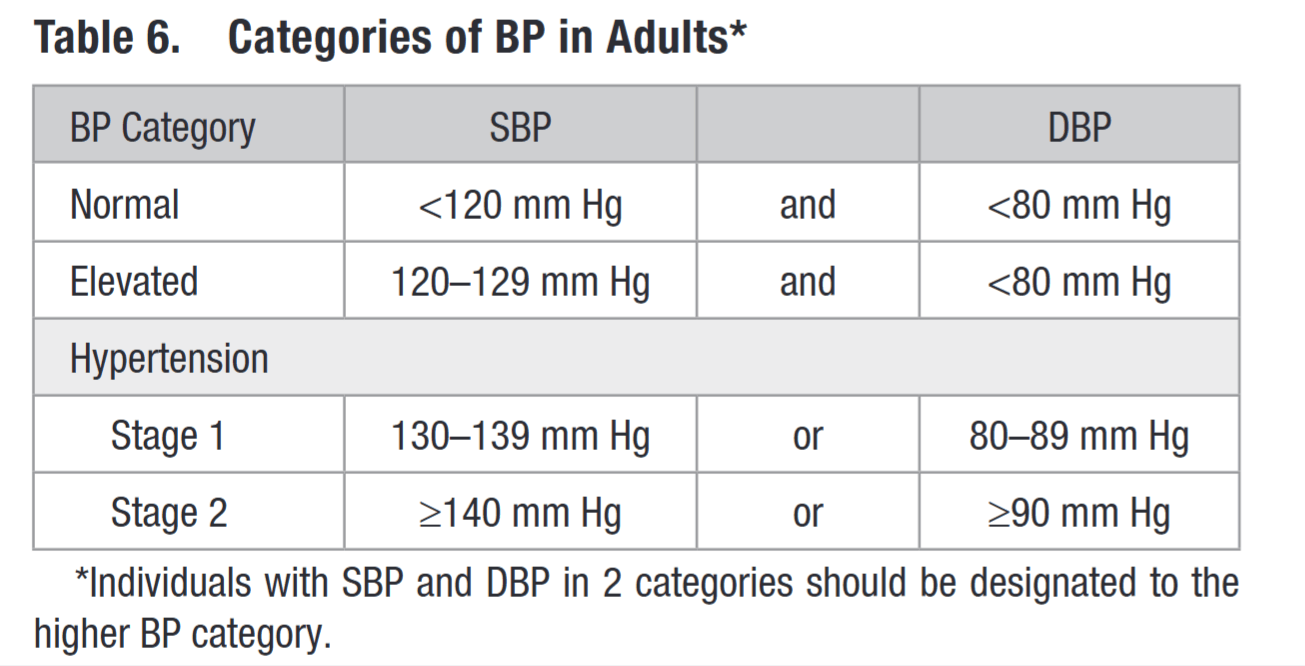



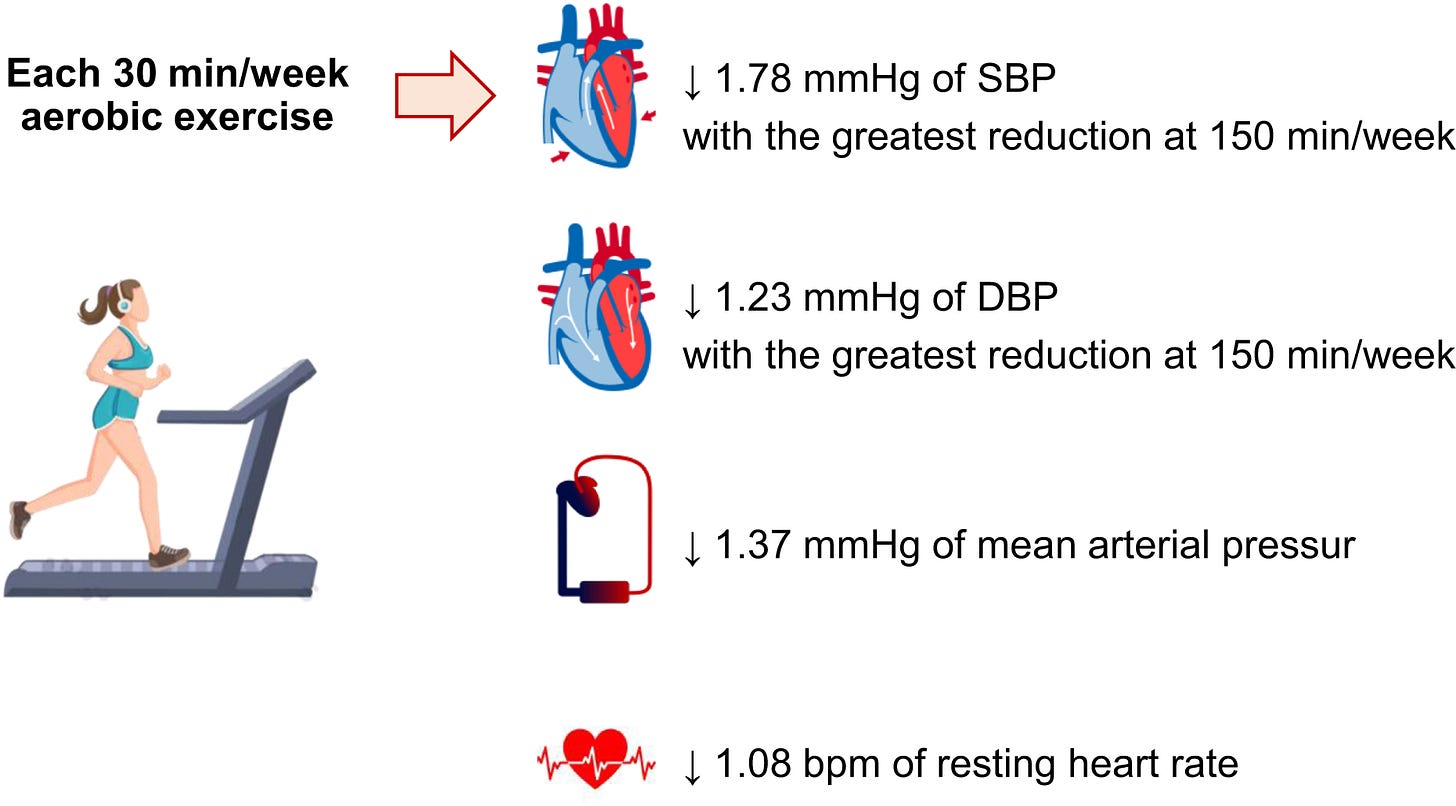
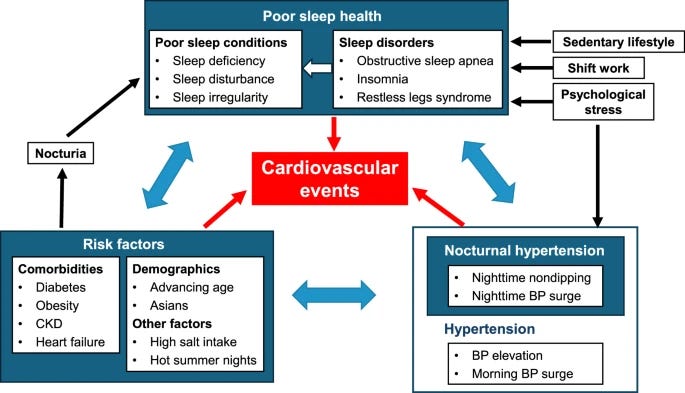
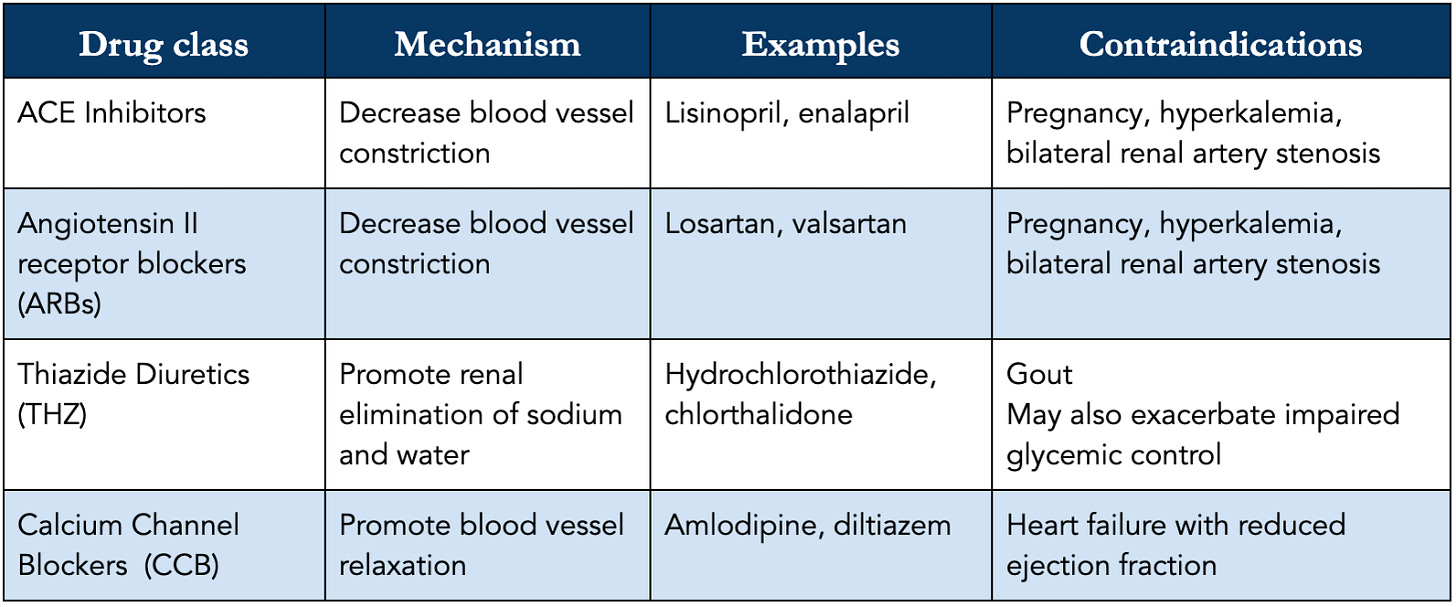







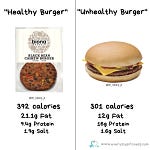
Share this post